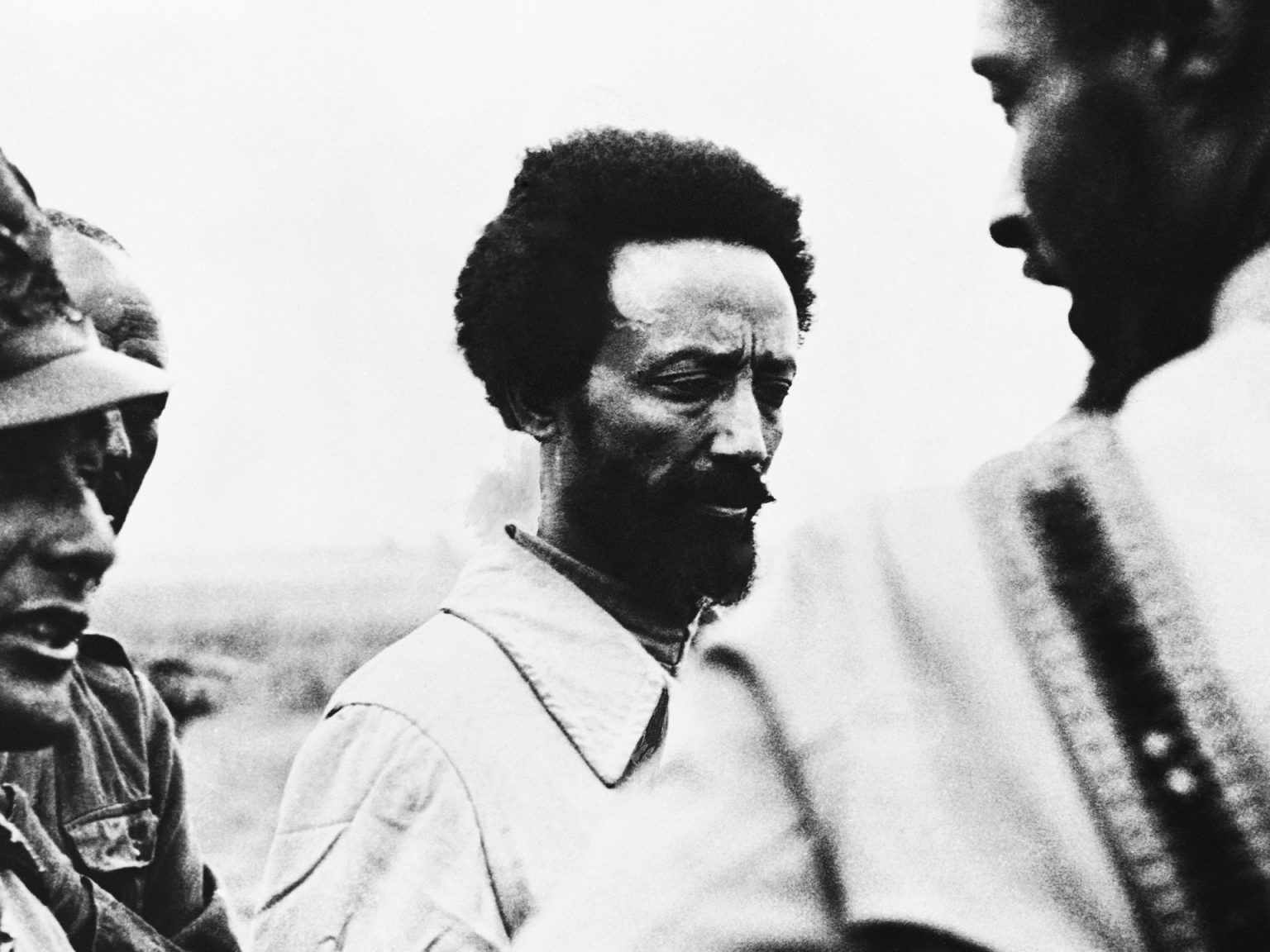The Legacy of Ras Desta Damtew and the Fight for a Stolen Medal
Amaha Kassa’s grandfather, Ras Desta Damtew, stands as a symbol of Ethiopian resistance against Italian colonialism. Damtew’s father had played a crucial role in the historic Battle of Adwa in 1896, where Ethiopian forces decisively defeated Italian invaders, marking a pivotal moment in African history. Damtew followed in his father’s footsteps, serving the Ethiopian Empire with unwavering loyalty. He rose to prominence, supporting Emperor Haile Selassie’s ascension to the throne and eventually marrying the emperor’s eldest daughter. His life was dedicated to service and his name became synonymous with courage and patriotism. This legacy of service and sacrifice would be brutally cut short during the Italian occupation of Ethiopia from 1935 to 1941.
The Italian invasion of 1935, fueled by Mussolini’s expansionist ambitions, marked a dark chapter in Ethiopian history. Despite being vastly outnumbered, the Italian forces, equipped with modern weaponry including machine guns and chemical weapons, inflicted heavy casualties on the Ethiopian resistance. Damtew bravely led his troops against the invaders for two years, embodying the spirit of defiance against colonial oppression. He became a beacon of hope and a symbol of resistance for Ethiopians and other Africans yearning for independence. However, the superior firepower of the Italian army eventually led to his capture and execution in 1937, a war crime under the Geneva Conventions. His death, along with tens of thousands of other Ethiopians, remains a painful memory for the nation.
The recent discovery of Damtew’s gold medal, the Imperial Order of the Star of Ethiopia, at a Swiss auction house has reignited the pain of this historical injustice. The medal, a symbol of military honor and service to the Ethiopian crown, was being offered for sale with a provenance that explicitly detailed Damtew’s capture and execution by Italian forces. For Kassa and his family, this blatant disregard for their grandfather’s legacy and the painful history it represents was deeply offensive. The auction house’s attempt to profit from a symbol of Ethiopian resistance sparked outrage and a determined campaign to repatriate the medal. The incident highlights the ongoing struggle faced by African nations to reclaim their cultural heritage looted during the colonial era.
The auction of the medal underscores a larger issue: the widespread looting of African artifacts during colonization and the ongoing fight for their repatriation. The Italians, during their occupation of Ethiopia, plundered countless cultural objects, including crowns, royal regalia, manuscripts, and religious artifacts. Despite the 1947 Paris Peace Treaty mandating the return of these stolen items and the payment of reparations, Italy has yet to fully comply. The Vatican Library, for instance, still holds hundreds of Ethiopian manuscripts looted during this period. This case of Damtew’s medal serves as a microcosm of the larger struggle faced by African nations to reclaim their stolen heritage and rewrite their narratives.
The Kassa family, joined by supporters worldwide, launched a campaign to halt the auction and secure the medal’s return. They enlisted the help of Christopher Marinello, an art recovery expert, who engaged with the auction house and the medal’s current owner. Despite their efforts, the auction proceeded, but the medal failed to reach its reserve price. Negotiations are currently underway to retrieve the medal, but its current owner has raised questions about its authenticity, claiming it to be a recent replica. This claim has added another layer of complexity to the already difficult situation.
The fight for Damtew’s medal has become a symbol of the broader struggle for African cultural repatriation. The Kassa family is determined to see the medal returned to Ethiopia, not for personal ownership, but for display in a national museum where it can serve as a testament to their grandfather’s bravery and a reminder of the nation’s resilience against colonial oppression. This pursuit of justice resonates with the ongoing efforts across Africa to reclaim stolen artifacts and preserve cultural heritage for future generations. The case highlights the importance of international cooperation and legal frameworks to address the legacy of colonial looting and ensure the rightful return of stolen cultural property.

